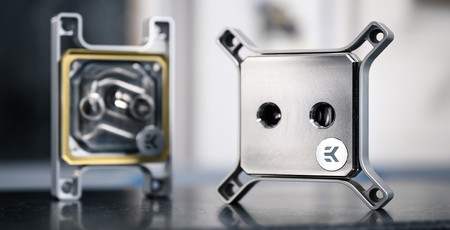
Test Setup
Normally we test coolers and watercooling kits in a chassis to simulate likely real-world results, however block testing by itself is a little bit different. As such, we've opted to use a Dimastech Easy Bench V3 so that we can have ample access to the blocks, hardware and watercooling parts in other areas of the system. In order to isolate the performance of the blocks, we want to make sure that the fans, radiators and airflow aren't a significant factor, contrary to the watercooling kit test system. This system is still work-in-progress however, so there are many things still to add in order to provide a truly thorough analysis. We'll shortly be swapping over the fans to 6x Noctua IndustrialPPC 3000RPM models along with more advanced fan controls. We used a set of Koolance QD3 quick disconnects in order to swap over blocks without having to drain the system. In the future, the hope is to build a custom bench with the ability to test a large number of different cooling variables.
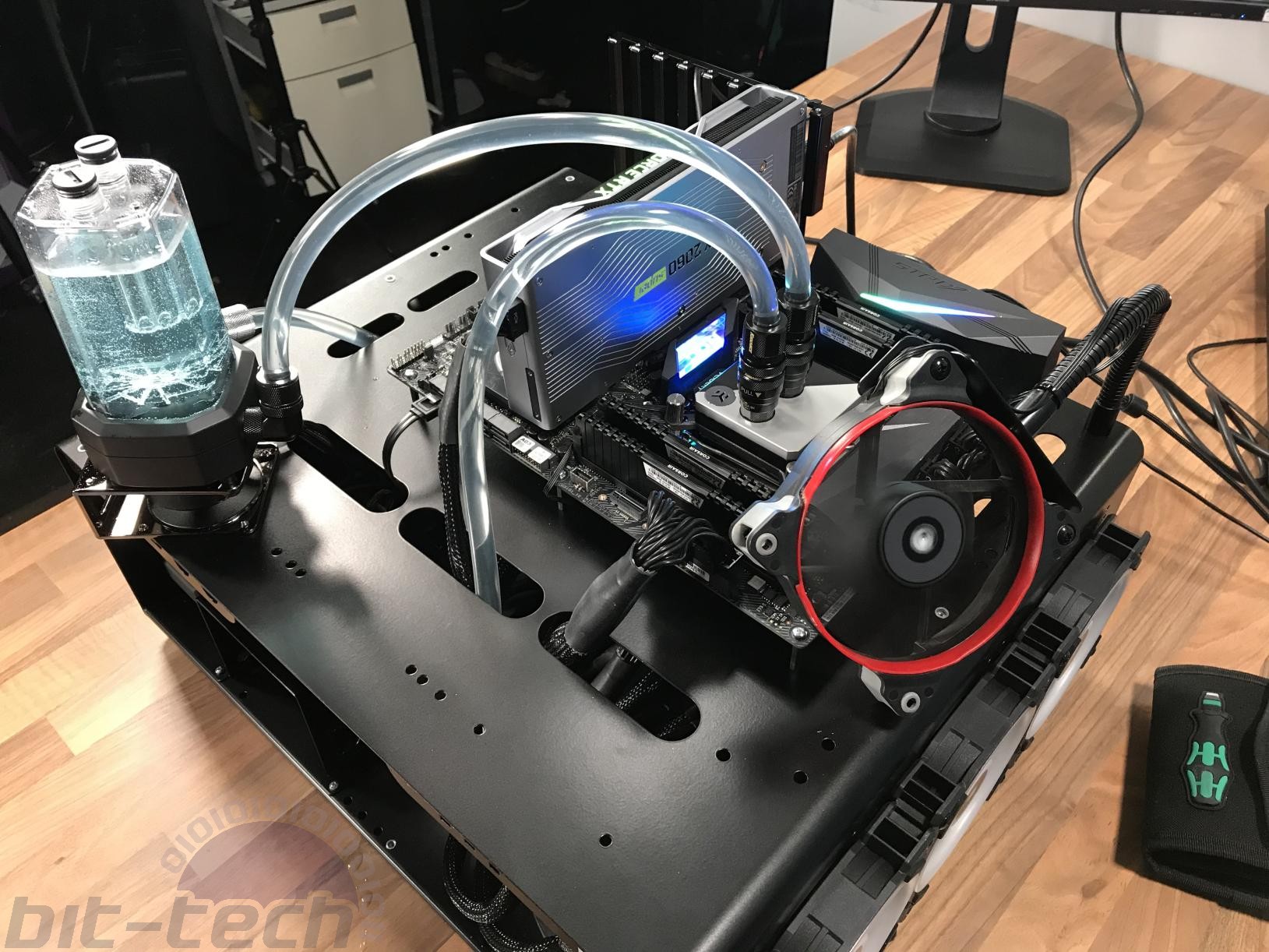
We place our test rigs under load using the small FFTs stress test in the free application Prime95 26.6, as this test is designed to place maximum load on the CPU. We use the free applications CoreTemp and HWMonitor to measure the temperature of our CPUs. We always take the maximum temperature for consistency and do so after 15 minutes, which is enough time for temperatures to plateau. The test is performed using a custom-made script to ensure consistency.
The results provided are the delta T results i.e. the difference between the recorded CPU temperature and ambient temperature at the time of testing. Our labs are not temperature-controlled, so this provides the most accurate method of comparison for coolers tested on different days. Any cooler that causes one of our CPUs to reach its thermal limit and downclock or turn off is considered a fail.
Intel LGA 2066 Test System (18-Core)
CPU - Intel Core i9-7980XE overclocked to 4GHz using a vcore of 1.1V
Motherboard - Asus ROG Strix X299-E Gaming
Memory - 4 x 4GB Corsair Vengeance LPX 3,200MHz DDR4
Power Supply - Corsair AX1600i Titanium
Cooling:
Radiators - 2x Corsair XR7 360mm
Fans - 6x Corsair ML120 Pro RGB
Pump/Res - Corsair XD5
Results

MSI MPG Velox 100R Chassis Review
October 14 2021 | 15:04

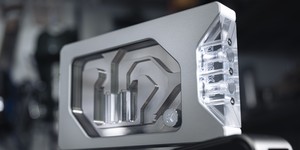
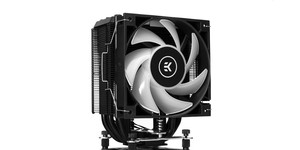
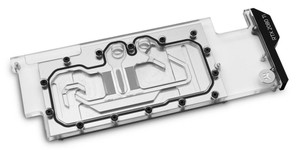





Want to comment? Please log in.